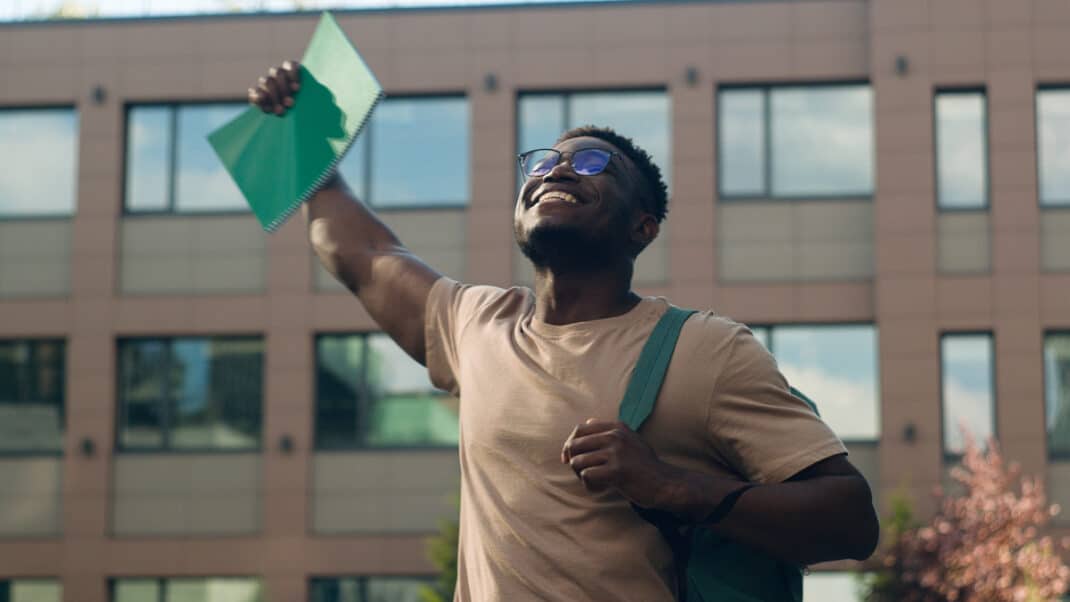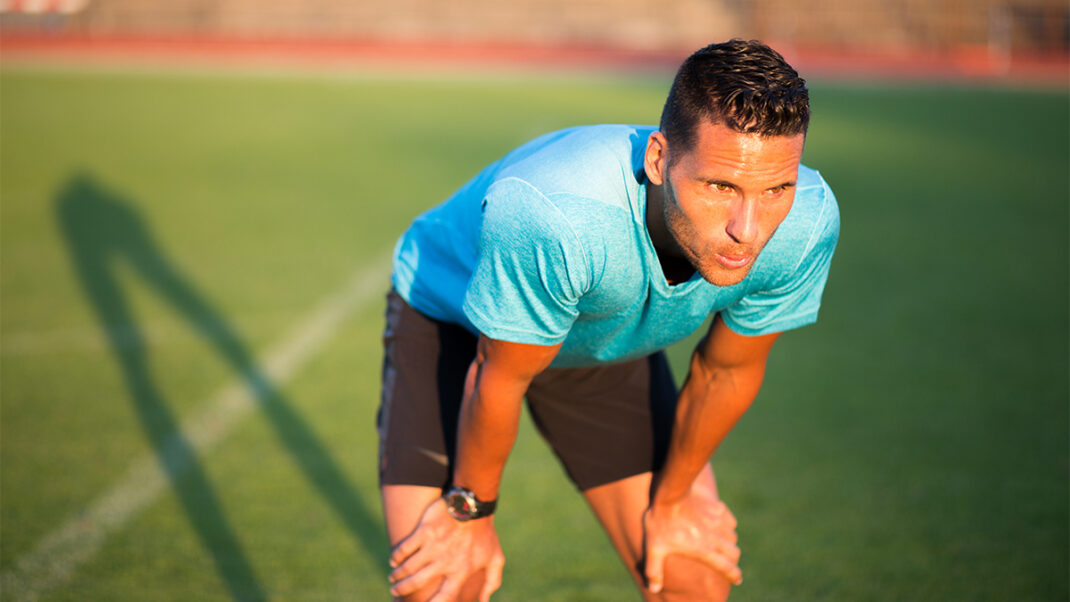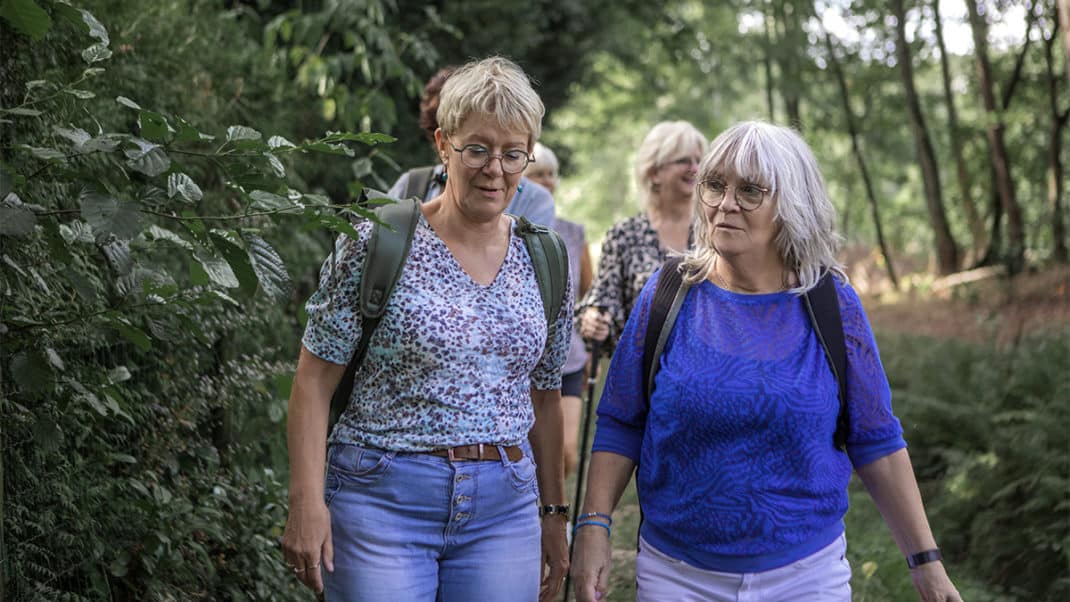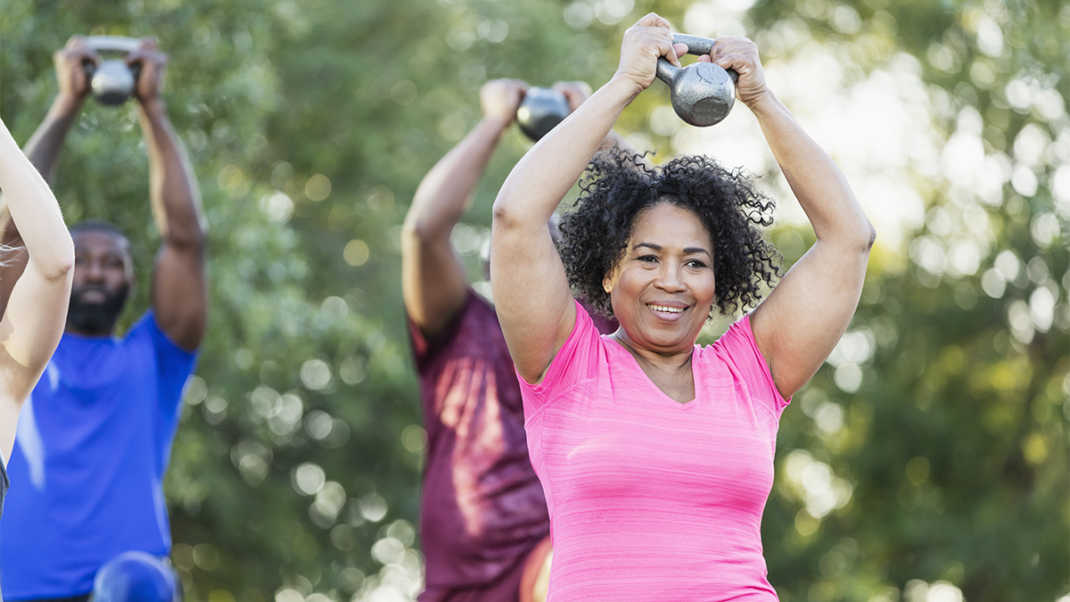Exercise and Age-Related Prejudice
While it may not be exactly fair, older adults who exercise are viewed more favorably than their sedentary cohorts, according to an article published in the June issue of the Journal of Sport & Exercise Psychology (2007; 29 [3], 333–47). British participants—180 men and 180 women—were randomly recruited from a busy shopping center and provided one of three written descriptions of a 65-year-old individual. Depictions offered insights into personality and physical appearance and included the descriptor “exerciser,” “nonexerciser” or “person with no exercise status information.”
Participants were then asked to answer questions based on the description they’d received. They rated the target on 13 personality and 10 physical appearance dimensions. Study authors discovered that a fitness-oriented older adult garnered more positive marks than an older adult who did not exercise.
According to the article, “This research provides preliminary evidence to suggest that exercise in old age, in addition to the numerous physical and psychological benefits it bestows upon the participant, may help to reduce or reverse age prejudice in a society where age prejudice is often seen as inherent.”
Ryan Halvorson
Ryan Halvorson is an award-winning writer and editor, and IDEA's director of event programming.






